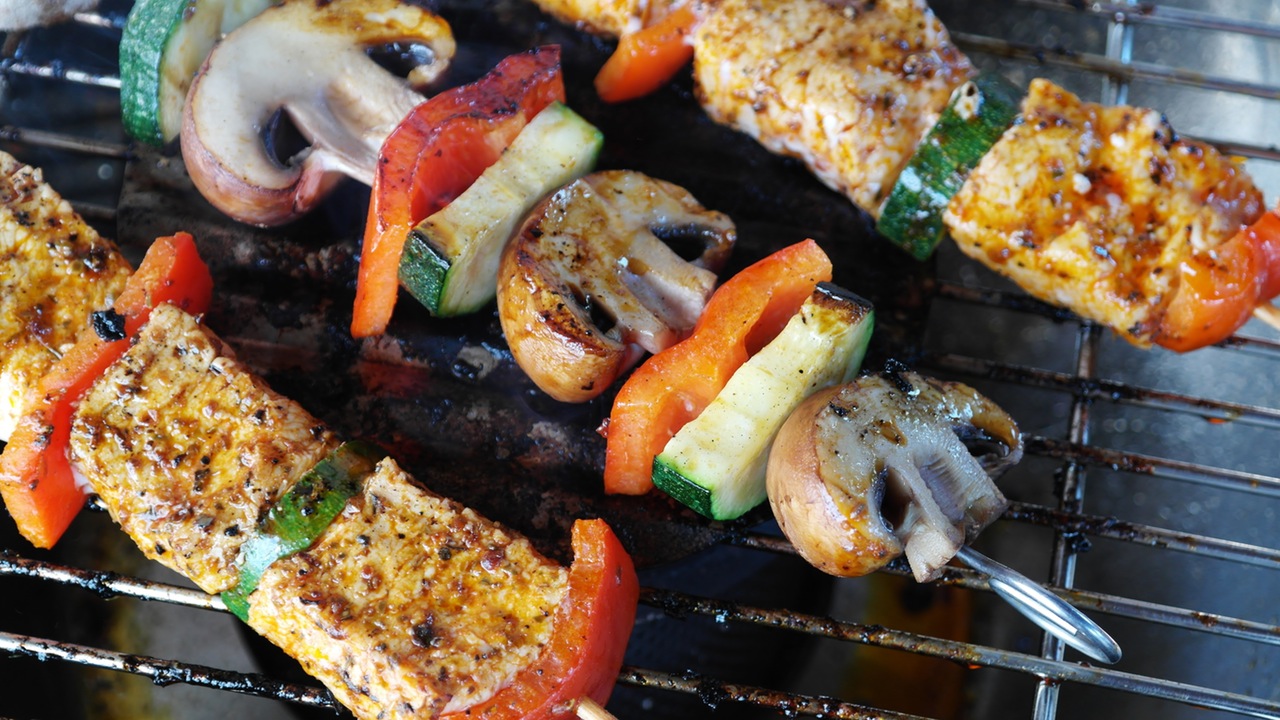Top Tips for Pubs with BBQs
School’s out, the sun is shining and the August Bank Holiday is just around the corner – and that means only one thing for us British: it’s barbecue time!
If you own a pub, a barbecue or hog roast in your beer garden means fun for all the family and the chance to boost business. Keeping regulars happy and drawing in new customers, there’s the opportunity for big profits on the food and the extra drinks you can sell – so a barbecue can be an attractive proposition. But it’s not all al fresco fun.
Nearly 2,000 people visit A&E each year because of some kind of accident involving a barbecue and if you’re holding a barbecue at your business you’ll need to take steps to minimize any risks and make sure your insurance covers you in case something does go wrong.
Do I need a hygiene certificate to have a barbecue in my pub?
Staff handling or selling food don’t have to have a food hygiene certificate by law, but you are responsible for making sure that all staff are properly trained to enable them to prepare food safely.
If you already prepare food in your pub you’ll know the essential food safety drill – and you’ll just need to transfer these principles to your ‘outside kitchen’. If you don’t, speak to your local Environmental Health Officer for advice and information to make sure all staff are properly trained in food hygiene and to make sure you’re okay to hold a barbecue event.
Public liability insurance covers your legal expenses and compensation claims for any injury to the public caused by your business. If you don’t already have public liability insurance, it’s worth taking it out if you’re considering a barbecue because of the high risks involved. Food poisoning can be fatal, and one simple error in your hygiene routine could result in a large financial payout.
Burns and scalds are also common at barbecues, and can result in permanent injury. You might already have public liability cover as part of your insurance, but it’s worth double-checking that you’re still covered for special events like barbecues, just in case.
Sizzle safely – top tips
- Wash hands thoroughly before and after preparing raw meat and use separate chopping boards to keep meat and vegetables separate
- Make sure all frozen food is thoroughly defrosted before cooking to ensure it cooks evenly
- Use a thermometer or cut burgers, sausages and chicken in half to check it is cooked all the way through – just because it looks cooked on the outside, it doesn’t mean it is
- If it’s hot weather, throw away any food that’s still left uneaten after an hour
- Carefully consider the best place to site your barbecue to avoid fires. Keep it away from overhanging trees and fences and make sure it’s flat, so it won’t tip over
- Keep customers away from the barbecue – burns, scalds, and cuts from metal edges are all common accidents when people get too close. It’s also wise to make sure no animals can get close too
- Never use petrol to get the barbecue started
- Keep knives or sharp skewers carefully stored out of the way when not in use
- Keep water and a fire blanket on hand, in case there’s a problem
- After the barbecue has finished, remember it can take a long time to cool down. Don’t leave it unattended and don’t try to move it until it is safe
- Whilst the idea might be to get your customers to enjoy a few extra pints or beer or glasses of wine, make sure that whoever is in charge of the barbecue is not under the influence
Common barbecue bugs
Campylobacter: The UK’s most common cause of food poisoning, campylobacter is passed through undercooked chicken or turkey and, in severe cases, can lead to permanent disability.
Listeria: A bug passed through salads, it can cause miscarriage in pregnant women and is particularly harmful to the very young or elderly.
Salmonella: One of the most well-known bugs, which causes severe stomach pains and vomiting, salmonella can be passed through undercooked poultry or raw meat.
E.coli: This bug passes from raw or undercooked meat and causes vomiting, stomach pain, and diarrhoea.
(Fact – The average barbecue grill contains twice as many harmful germs, including salmonella and E.coli, as the average loo seat!)
Help keep your grill germ free
- Giving it a thorough clean after and before every use
- Allowing the grill to heat up properly before putting food on it
- Brush cooking oil onto the grill – this makes it easier to clean too
- Don’t leave ash from your charcoal in the barbecue after use – this can attract moisture and start breeding germs too
- Clean the entire barbecue at least twice a year at the start and end of the season
- Keep your grill covered when not in use
Treating burns and scalds
If someone does get burnt, try to keep the burn or scald as cool as possible by holding under running cold water for at least 10 minutes. Remove clothing and jewelry (unless it is stuck in the wound) and wrap the burn with something clean and non-fluffy (cling film is ideal). Dial 999 or get medical advice as quickly as possible.
Get the right cover at the right price
Our expert team at Park Insurance has been helping pubs and catering businesses for 30 years and understand the specific needs of your industry. We use that knowledge together with our strong relationships with specialist insurance underwriters to help secure you the level of cover that you need for your peace of mind, whilst keeping prices competitively low.
Get in touch now to find out how we can help you.

